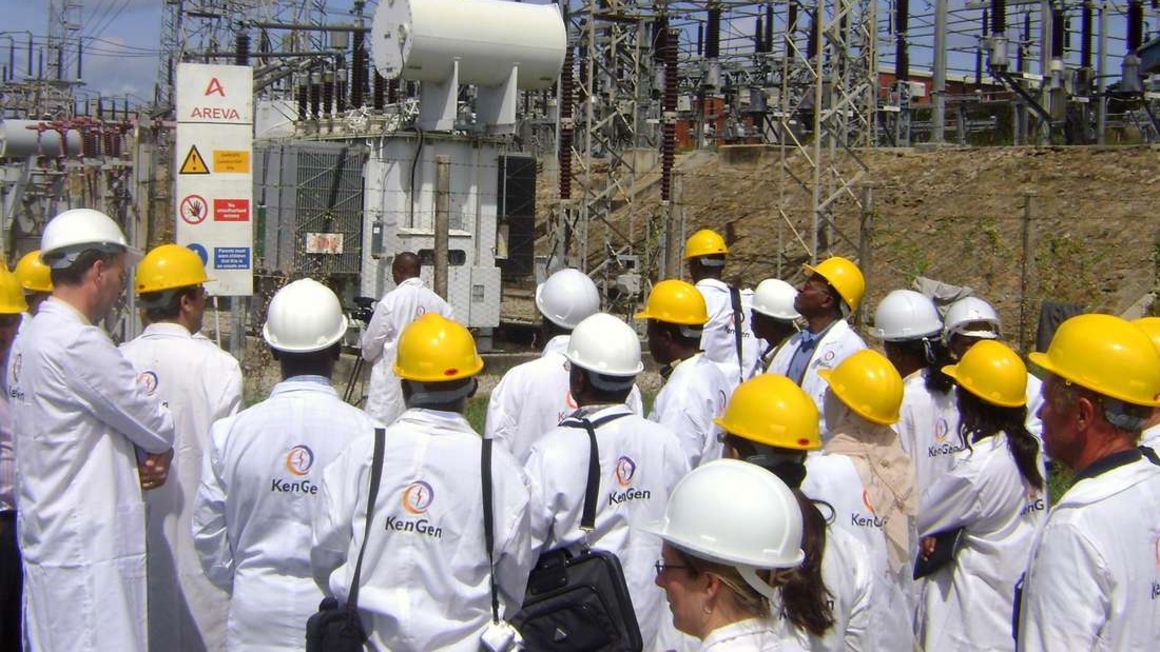KenGen could cede up to 70 percent of its shareholding in geothermal projects to strategic investors. PHOTO | FILE | NMG Kenya dropped Independent Power Producers as private project partners in geothermal power production due to their perceived “sluggishness” in supporting government efforts to generate clean and cheaper energy.
Energy Cabinet Secretary Charles Keter told The EastAfrican that the government will, instead, work with the state-owned power producer KenGen in the second and third phases of the 465MW geothermal power production at Menengai Geothermal fields, about 185 kilometres northwest of the capital Nairobi.
The initial phase involves generation of 105MW of geothermal power while the second and third phases are expected to add 60MW and 300MW of renewable energy to the national grid, respectively.
The policy shift comes after the African Development Bank (AfDB) released an assessment report on the status of the Menengai Geothermal Development power project this month, showing that three IPPs (Orpower 22 Ltd, Quantum Power East Africa, and Sosian Energy) have delayed the production of cheaper energy by more than two years.
“When it comes to phase two of geothermal production at Menengai we will have to do with KenGen the way we did with the Olkaria (280MW). These IPPs are very slow. If it were KenGen we would have finished a long time ago. Yes, KenGen will come in because they are the ones who know how to run the power plants and this is a model we want to pursue,” Mr Keter told The EastAfrican in an interview last week.
“KenGen is getting another equity investor who will come in and invest in geothermal production. The new investor will take some equity in these geothermal projects and bring in more capital to strengthen KenGen’s balance sheet so that they can have sufficient funds for investments without relying heavily on borrowing. KenGen is using steam like that at Olkaria to get investors in the geothermal power production,” he added.
Under the proposed arrangement, KenGen could cede up to 70 percent of its shareholding in geothermal projects to strategic investors while it retains 30 percent with a view of growing the company’s balance sheet and ensuring that its investments in clean energy projects are sustainable.
“When a new investor comes in with funds for geothermal projects, KenGen’s percentage of equity can be 30 percent while the new investor takes up 70 per cent and this will grow KenGen’s balance sheet. That is […]
